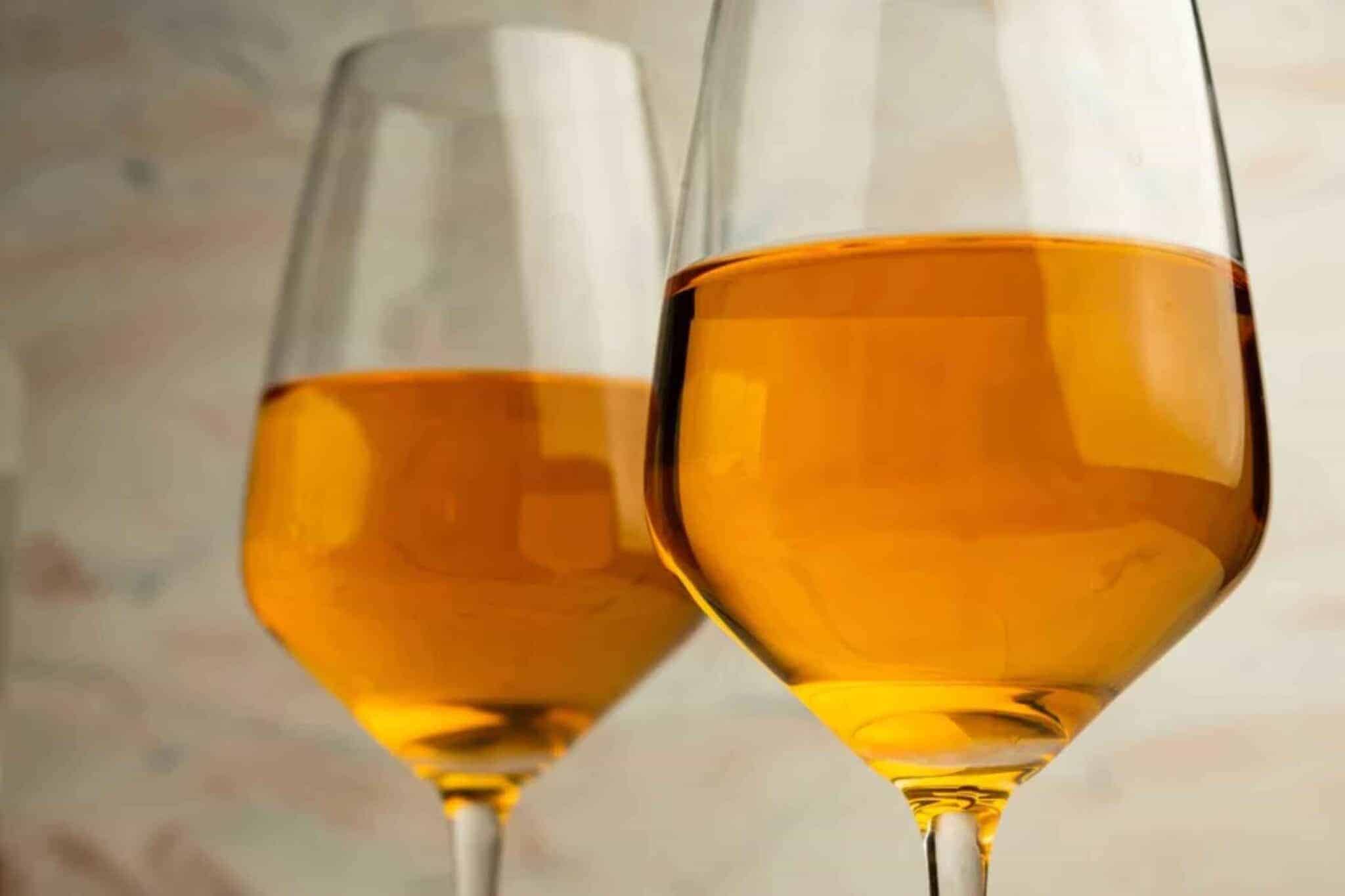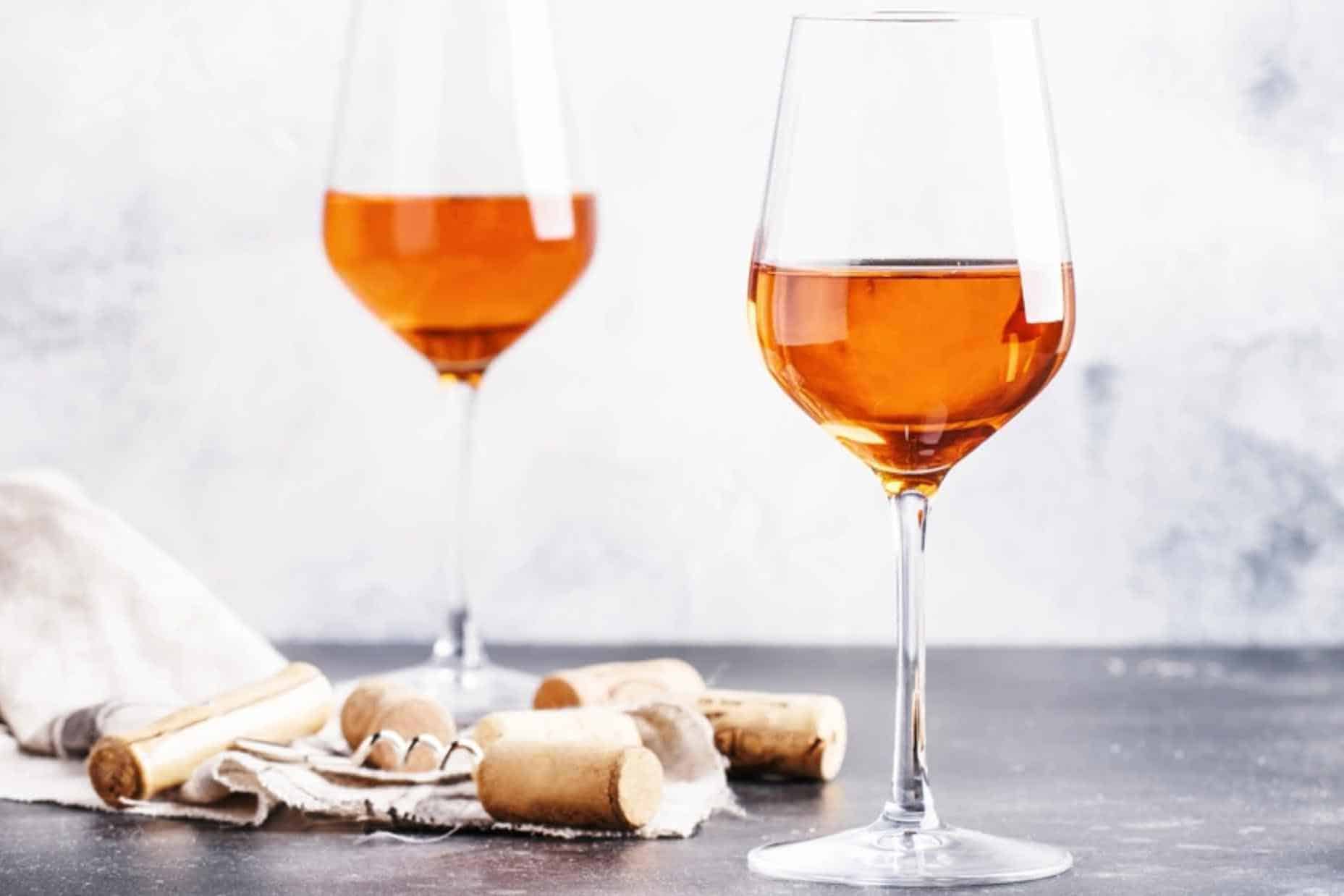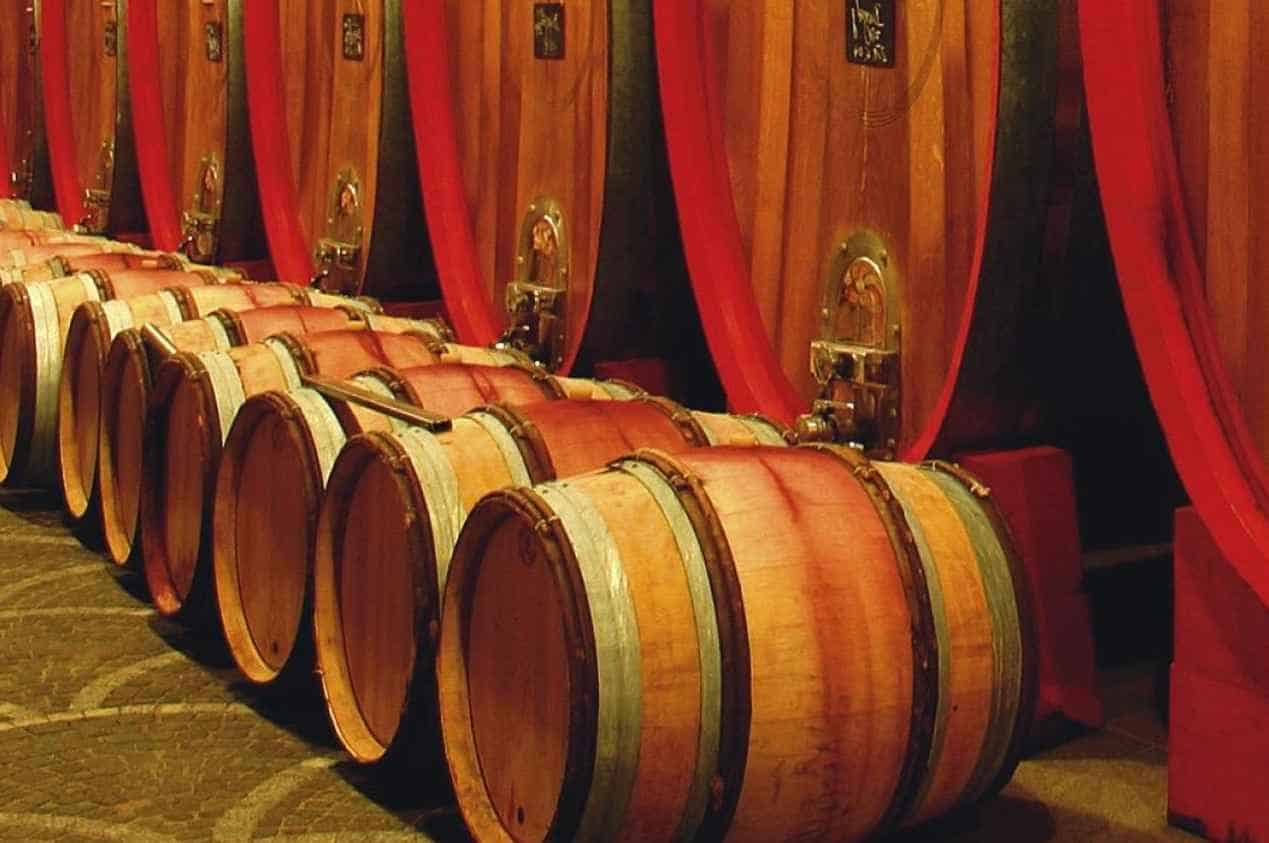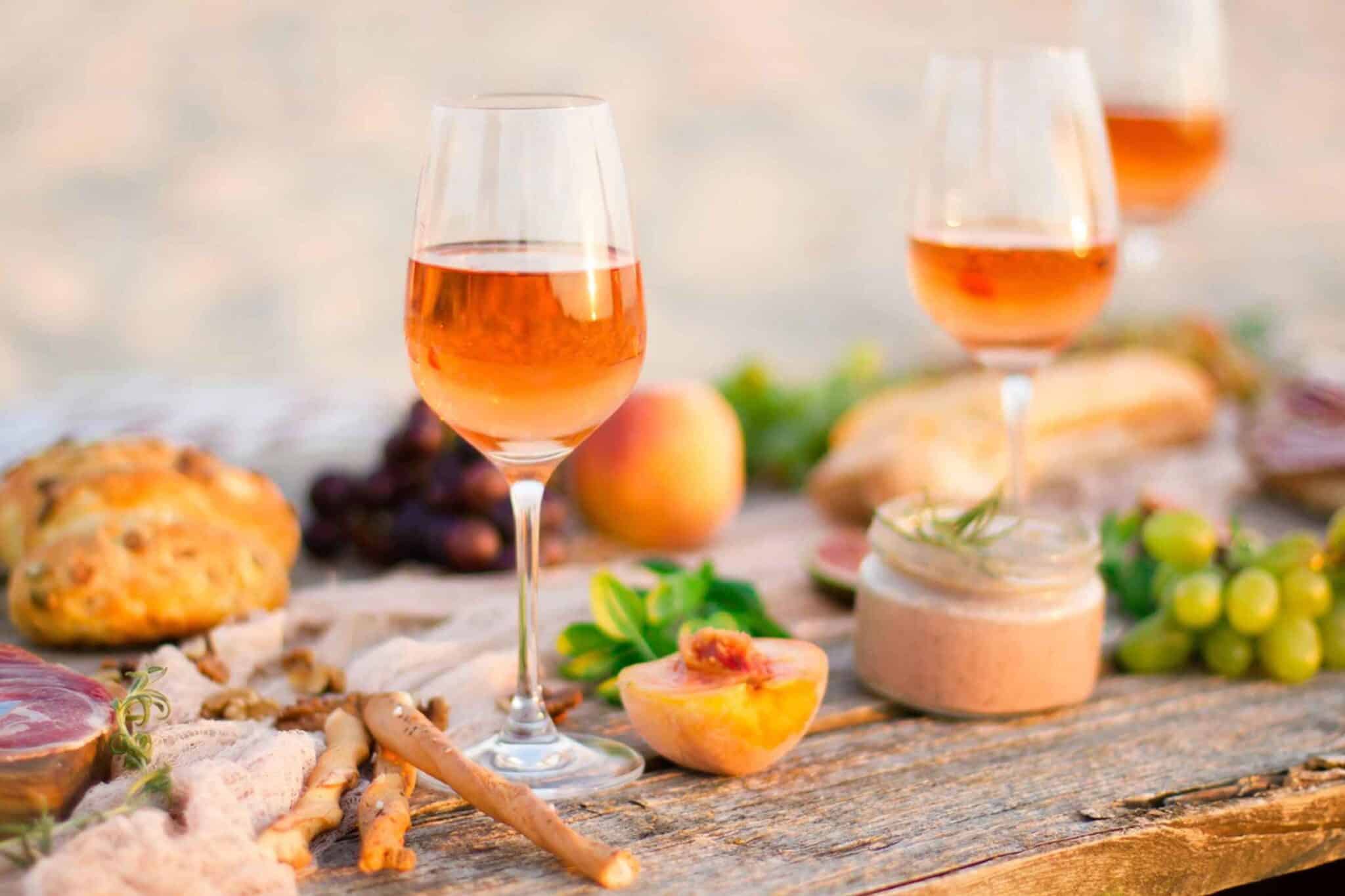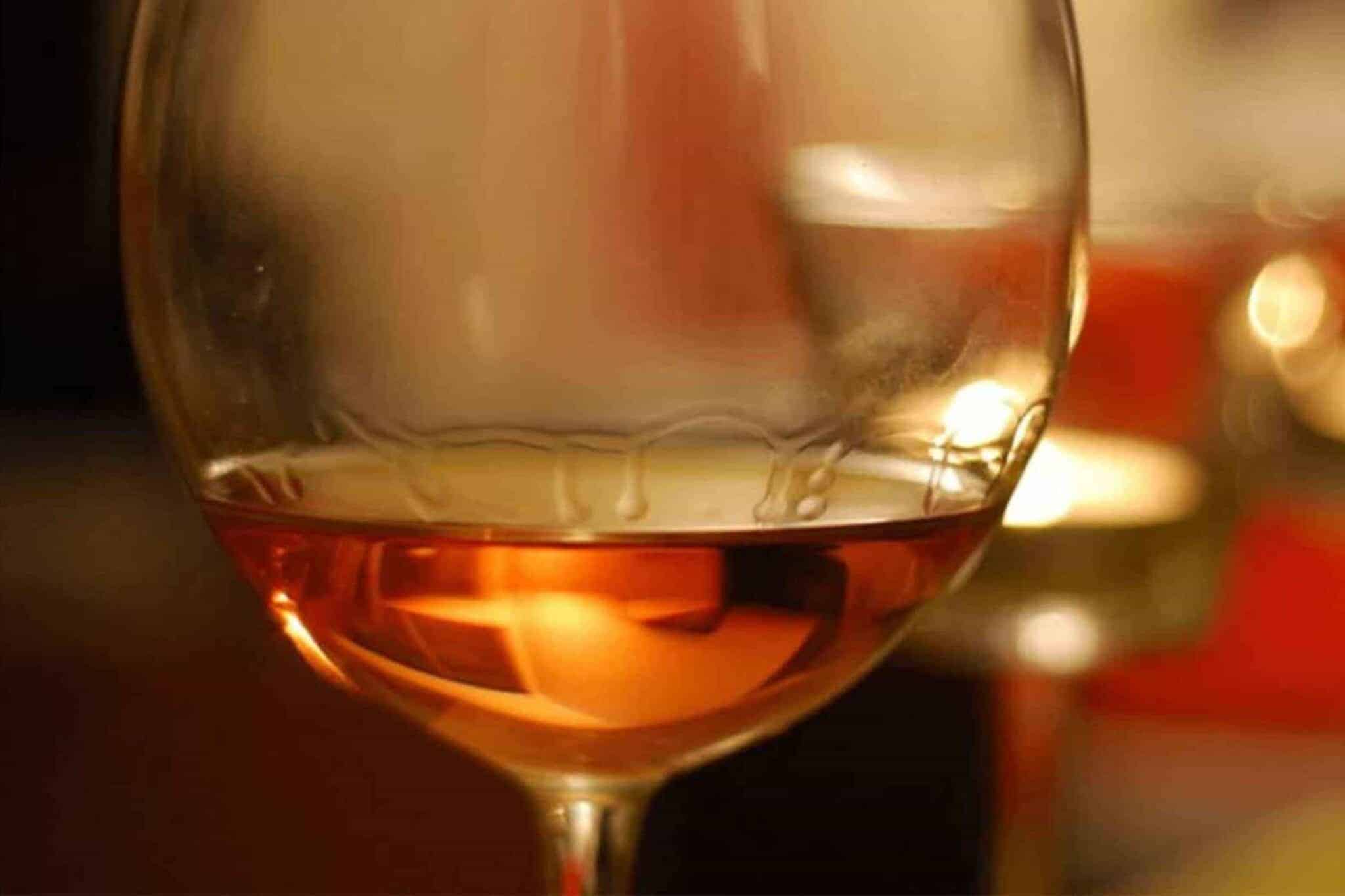You may not always hear about orange wine, or it may not have been in your local wine shop, but you may have seen it on the menu of the fine dining restaurants where you went. Orange wine may not yet be mainstream, but it has already built an excellent reputation in recent decades.
But what is orange wine? What does orange wine taste like? What are its characteristics? And how is orange wine made? In this blog post, we will answer your questions regarding what orange wine is.
What is do you mean by Orange Wine?
Some may think that orange wines are made from the name itself; oranges or is colored artificially. But the color amber hue may say otherwise.
Orange wine may be the first time in your ears and for some of you, it has been known for decades. Wine experts say that this wine was created in 5000 B.C., and orange wine was enjoyed first in Georgie, Europe.
Like the family of tastes where there is sourness, bitterness, sweetness, and saltiness, orange wine became the fourth traditional wine color. The term “orange wine” was formed by Anglo-Saxons, which describes wines that are in contact with the grapes for extended periods.
Orange wines are most of the time described as “natural wines” that make people intrigued just by reading them in some places. Because of this, people want to know more about the wine and engage more curiosity.
How is Orange Wine made?
Orange wine, known as “skin contact wine,” is not your typical wine since it is made from a white wine grape’s fermented skin to produce a wine with a unique flavor with a striking color.
Unlike other wines pressed to get the juice from the grapes to turn it into a bottle of wine, orange wine is made by leaving the whole white grapes to be fermented and soaking the stem and the skin together for four days, sometimes up to years.
This process will turn the juice into an orange shade and give the wine some amber or golden color and flavor. Creating orange wine is almost the same as making red wine. The only difference is the variety of grapes used and some building steps.
To create a red wine, during production, the winemakers leave the skin of the grapes, which creates a higher tannin of deeply red color. In orange wines, it is created using the skin of the grapes.
Meaning, that while the grapes are fermenting and crushed, they create a more quality tannic color because of the pips and skins of the grapes. Because of this, golden yellow, or sometimes a bright amber wine, can be produced.
What does Orange Wine taste like?
Since orange wines are made from different types of grapes, it may be hard to emphasize what they taste precisely. Each orange wine differs from one another and has its own personality. Some people taste it like red wine, and some think it tastes like a sour beer. At the same time, others taste the wine as being florally herbaceous or a savory flavor.
Orange wine’s flavor can be surprising and a great experience for people who are new to wines. Since this wine has more tannins than other wines, it makes it more sour and bitter with a touch of apricots and dried fruit.
They tend to have different aromas and sweet tastes of nuts and other spices. Orange wine has been described as bold with aromas of sweet jackfruit and various fruits.
The subtle and fresh white wine with a generous taste like red wine makes the orange wine unique. Most of these are so bold and intense that you should consider sitting down when you first try them.
What are the Characteristics of Orange Wine?
The characteristics of an orange wine may vary from one to another. But there are some qualities that they mostly share.
The Color
The first thing you can notice in orange wine is the color. It may sometimes be a color of golden sun, ripe tangerine, yellowish, or amber. Orange Wine colors depend on the variety of grapes used, the time that it was fermented, the exact method of processing, and the ripeness of the grapes.
Skin Fermentation
Primarily wines that are skin-contacted differ in how macerated the skin of the grapes is for some time. Some winemakers leave the fermented grapes for 24 hours, while some wait for almost a year, allowing the wine to taste bolder and the color to show up darker. Shorter fermentation means a lighter flavor and color.
Tannins
Tannins are substances found in plants, leaves, or bark that create a sensation with your tongue. Orange wine consists of more tannins that add sourness and texture to the wine.
Where does it come from?
Orange wines are still uncommon, but some places have become interested in this natural way of winemaking. Creating Orange Wine started mainly in Italy, Slovenia, and Georgia.
Italy
Frequent orange winemaking can be found on the side of Northeastern Italy. You can find orange wine in this place with white grapes such as Pinot Grigio, Georgian Rkatsiteli, one of the oldest grapes, and Ribolla Gialla grapes.
Josko Gravner was the one who popularized the process of orange winemaking in Italy way back in 1997.
Here are some examples of Orange Wine Producers in Italy: Frank Cornelissen “Munjebel” (Sicily), Edi Kante (Friuli-Venezia Giulia, and Antonio Caggiano “Béchar” (Campania).
Slovenia
Over the border of Fruili-Venezia Guilian in Italy is where you can find the region of Goriška Brda, Slovenia. You can find integrated orange wines poured in glasses like beer here. Klinec, Movie or “Lunar,” and Princic are the most commonly known orange wine producers in this place.
Georgia
Georgia is the first place where the “fermentation” of wine started. Qvervi, the first vessel of winemaking, is famous for aged wines. It is a lined clay vessel with beeswax buried entirely underground for days or years, allowing the wine to ferment to the earth’s coolness.
Rkatsiteli is the most known grape in Georgia for producing a deep red-orange hue for orange wine. The famous Georgian Orange Wine producers are Pheasant’s Tears, Our Wine in Kakheti, and Tbilvino “Quevris.”
Other Places
Some countries like the United States, Australia, France, South Africa, and Austria experiment with how to make natural wines that they can produce. Australia is the most progressive winemaker amongst them, while France uses slightly different methods in winemaking and hence has a similar taste to an orange wine.
Frequently Asked Questions about Orange Wine
Here are some questions I listed if you want to know more about orange wines.
Where to buy Orange Wine?
You can buy orange wines from different places in town or online. To buy orange wine in town, I suggest you do not go to a supermarket since they are too mainstream for a bottle of orange wine. Instead, here is a list of what products or brands of orange wines you can try.
To buy online, here are the lists that I created: Vins Naturels, Biologiques & Biodynamiques, Pur Jus, and Tannico.
When to drink Orange Wine?
There is no specific place or time to drink orange wine, but drinking orange wine with your friends, family, or lover would be perfect. If you want a more romantic way to drink an orange wine, you can drink it during your picnic or order it in a fine dining restaurant.
What food would be the best pair with Orange Wine?
Since some orange wines are bold, it is best to pair them with bold food, like curry dishes, a Korean dish where the Kimchi is fermented or known as Bibimbap, or even Japanese Cuisine.
Orange wine can pair well with spicy dishes like savory cheese, hearty vegetables such as squash and mushrooms, and charcuterie plates. You can also pair the wine with fish, a lump of meat, or even a dessert that is not too sweet!
Summary
Orange wines are made from the healthiest grapes and not filtered before putting them in a battle. Orange wine may not be the most famous wine in town, but once the bottle is on your table and you have got to taste and savor the wine, you would probably want to order a portion of food that would be a great pair with it.
So if you want to try a new wine, orange wine might be the one you are looking for. I hope that this blog helped you answer your questions regarding what is orange wine.

George Moore, co-founder of Wine Flavor Guru, is a charismatic entrepreneur with a rich background in California’s wine industry. Alongside Sylvia, he transformed a Sonoma County vineyard into a source of premium wines. George’s expertise in sourcing exceptional grapes and his approachable style make wine appreciation both accessible and engaging.
